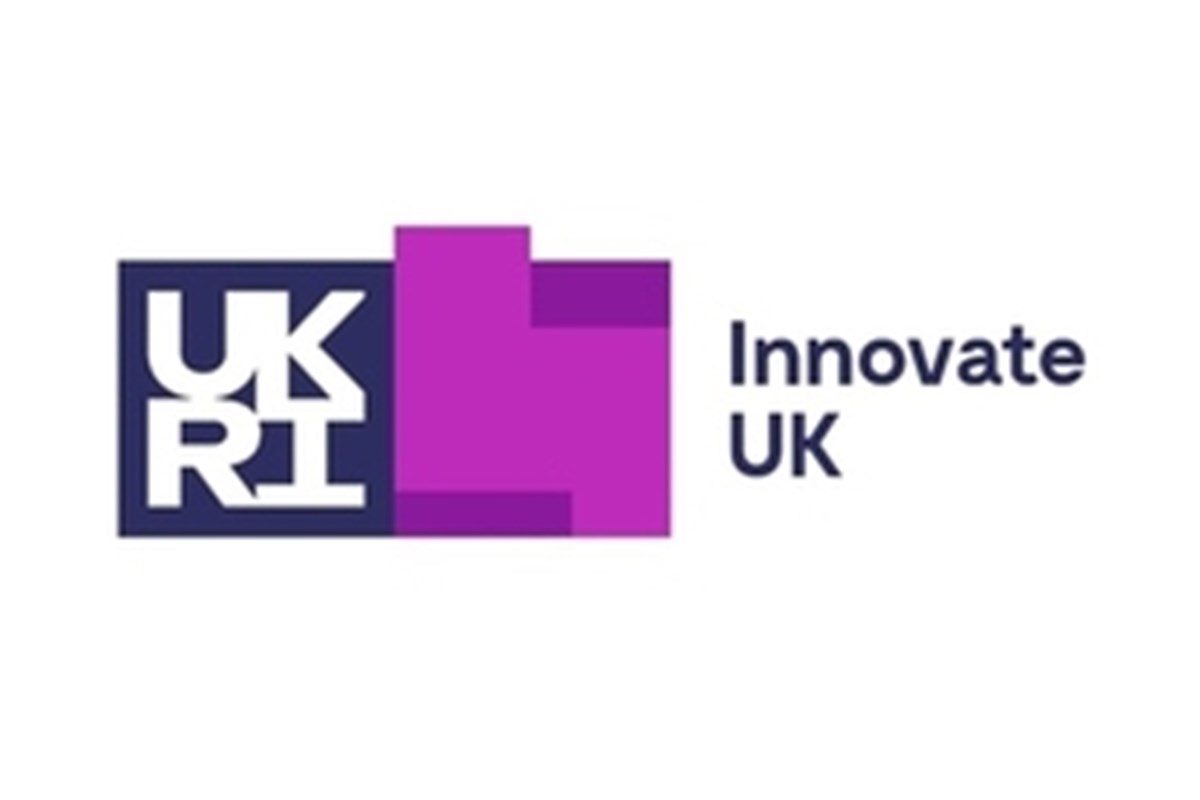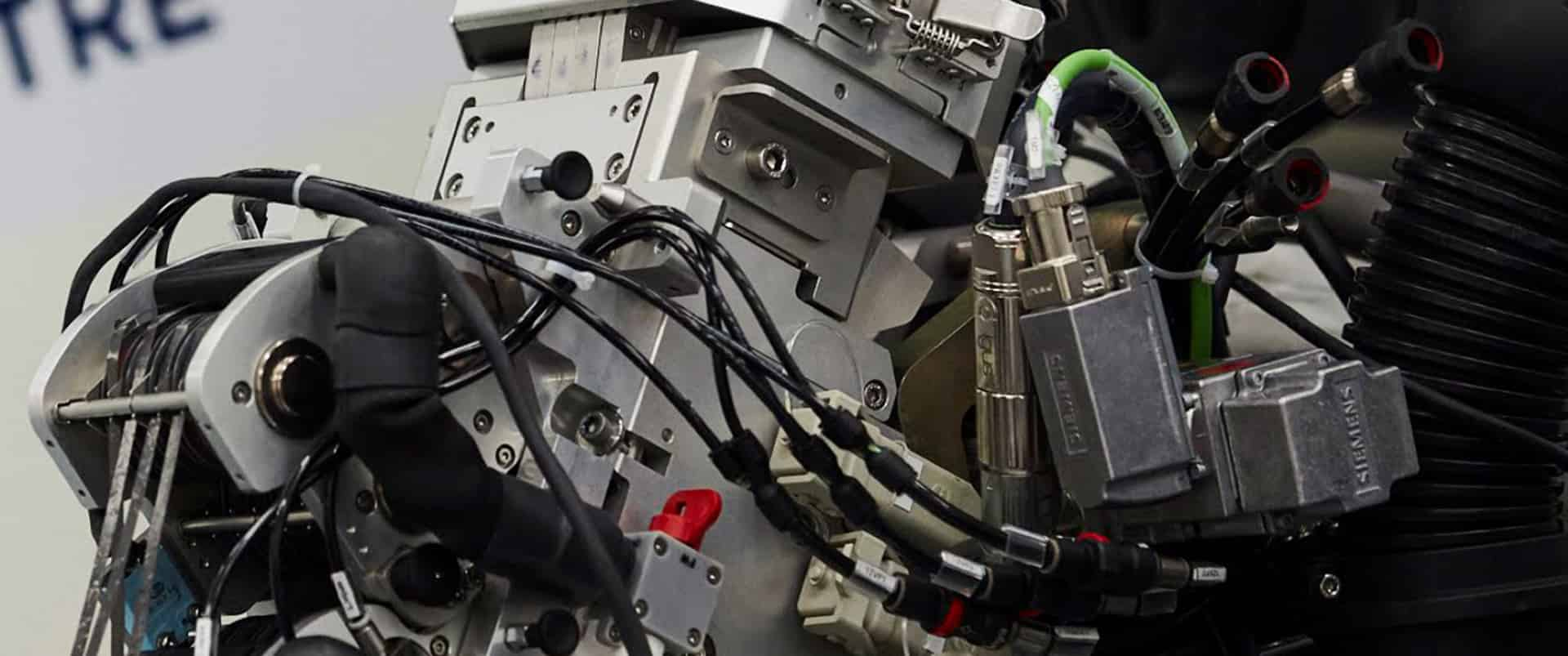
Monday, 25 Apr 2022
Introduction
In line with fulfilling the needs of the Digital Skills requirements in the Engineering sector, UWE-DETI with its partner companies are organising a free, virtual/online skills and training CPD course. This is to help manufacturing companies and workers visualize the possibilities of the future with digital tools and skills alongside the career pathways required. Thereby creating pathways for training and education to enable digital skills application in the manufacturing sector.
Bringing these future jobs to life can help business leaders, workers, educators, and policymakers shape their vision and inspire conversations around the changes needed to adopt digital technology.
This course supports the learning and the development of skills to breach the huge skills and employment gap in the UK for current and future Engineers of the workforce through DETI delivery programmes.
The digital skills enable quick adoption of digital technology to deliver remote productions and monitoring systems to keep important production lines working effectively.
The Big Data course will introduce Big data concepts and its' applications.
Big Data refers to the analysis of large datasets to discover trends, correlations, or other insights not easily visible with smaller datasets or the conventional processing methods. With the high rate of adoption of sensors and connected devices with the internet of things, there has been a huge increase in the data points created in the manufacturing industry with the rise in data availability.
Big data in manufacturing can discover new information and identify patterns that enable businesses to improve processes, increase supply chain efficiency and identify variables that affect production.
Who is it for?
The skills and training course is open to all applicants seeking a pathway to a digital career.
This course is designed for learners with a technology, computer science or engineering background, who are in their early career looking to specialise into digital engineering, or those currently working in these sectors and looking to develop their existing skills. That includes, students, graduates, apprentices, technicians, engineers, operators, and anyone interested in upskilling or reskilling their knowledge in the subject area.
We’d particularly like to encourage those who are recently unemployed, self-employed, looking to move into a new job role, or coming out of furlough – to sign up.
Entry requirements
Participants will be required to have a good knowledge of basic computer literacy skills, be committed to completing the modules and assessment and be able to take part in the course delivery format and subject matter. In addition:
Be aged from 19 years of age and above.
Agree to provide mandatory personal data and supplementary information on their jobs, education and give feedback on the course delivery.
Structure
Introduction to Big Data
- Defining Big Data and sources of Big Data
- The four dimensions of Big Data: Volume, velocity, variety, veracity
- Big Data applications/examples in business
- Delivering business benefit from Big Data
- Establishing the business importance of Big Data
SQL Databases vs. NoSQL Databases
- Understand the growing amounts of data
- RDBMSs ACID, and Introduction to NoSQL databases
- Understanding the difference between a relational DBMS and a NoSQL database
- Identifying the need to employ a NoSQL DB
- Overview of Hadoop and Related Technologies
Data Quality
- Metrics and Measures: Why are the metrics and measures important for data quality estimation and how to select appropriate and relevant metrics for a project?
- Tools and Techniques: How to estimate data quality using some of the current tools and technologies? How to use the tools and advantages/disadvantages of various tools.
Knowledge Retrieval
- Knowledge Extraction: Types of knowledge
- The lifecycle of knowledge extraction from big data
- An overview of core principles and techniques used to extract knowledge, for example, classification, clustering, and regression analysis.




